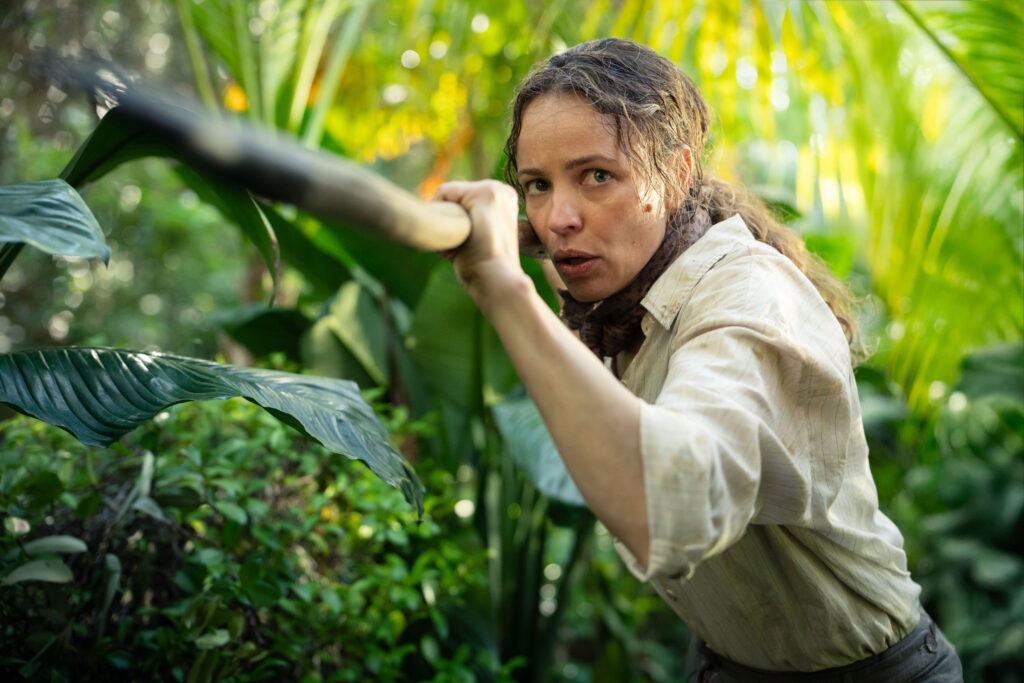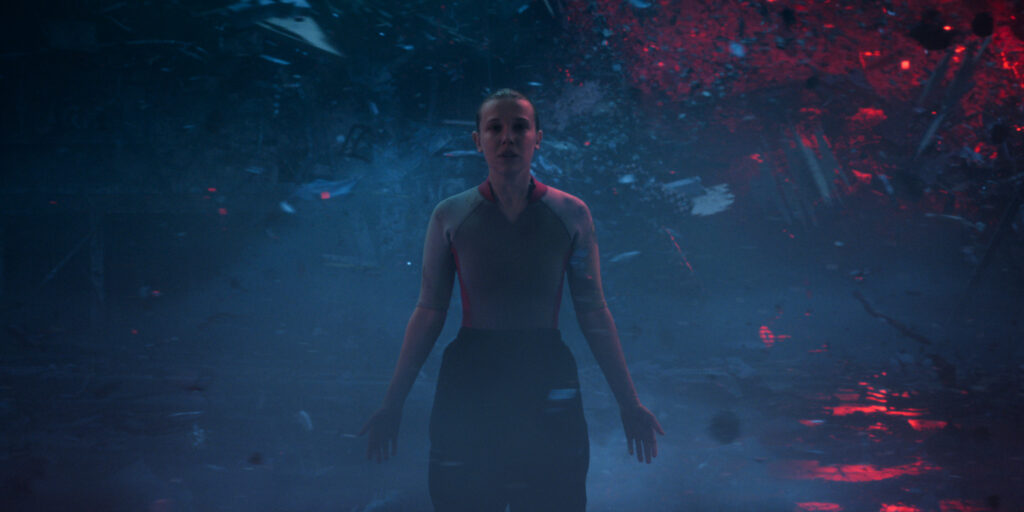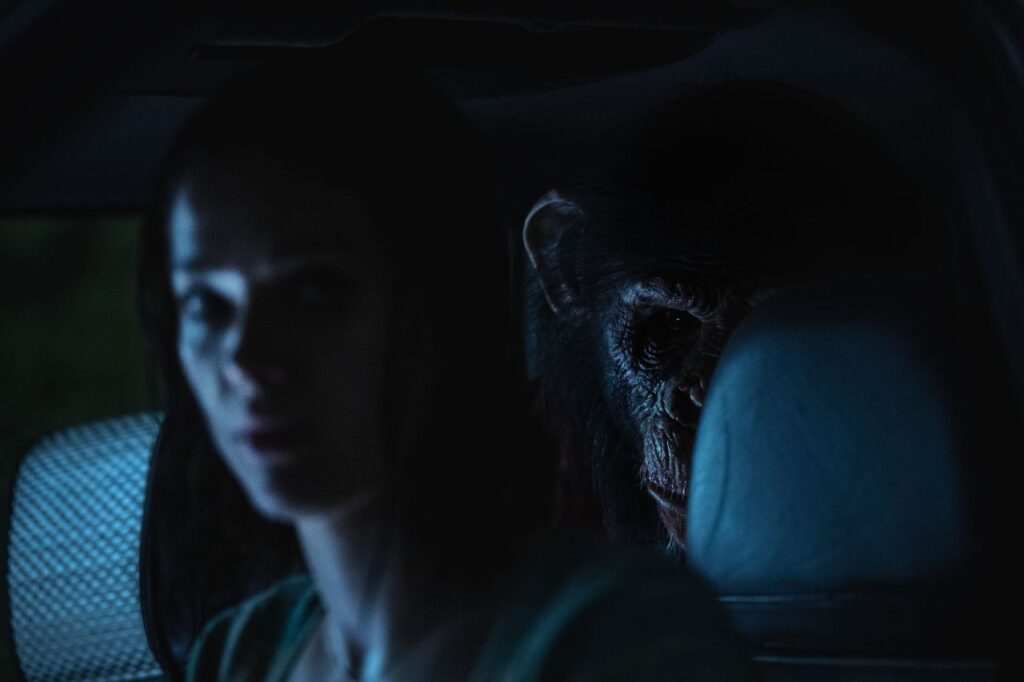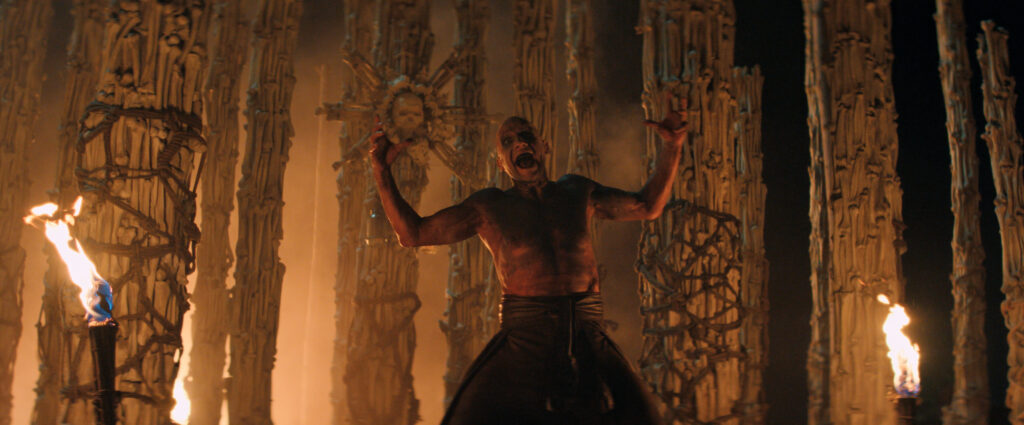Is there a laziness epidemic? Boomers seem to think so, often pointing to baffling reasons for why younger generations are poorer – avocado toast, too many subscriptions, or a lack of “grit.” But Millennials and Gen Z tell a different story. Against a backdrop of economic precarity, social disconnection, and the looming threat of AI, it’s fair to ask whether hard work alone can still secure a sustainable life. Desperate times call for desperate measures, and desperation lies at the heart of The Long Walk.
Set in a dystopian United States ruled by a totalitarian regime, The Long Walk follows a group of teenage boys who enter an annual contest where they must maintain a walking speed of at least three miles per hour, or face execution. The contest continues until only one walker remains alive. Adapted from Stephen King’s first written novel (though not his first published), the film is a chilling deconstruction of the American Dream. It interrogates the way ambition, class, and the illusion of meritocracy shape a society that rewards survival over humanity.

When King’s novel was first published in 1979, critics drew parallels to the Vietnam War and the expendability of young men in the name of national pride. In 2025, the story feels just as relevant. The “rat race” is now a global condition, marked by widening class divides and a culture increasingly comfortable with watching others suffer for entertainment. In The Long Walk, the contestants are driven to the edge of human endurance, and their desperation is not only visible, it’s exploited. The system doesn’t just tolerate suffering; it thrives on it.
While The Long Walk explores heavy, uncomfortable themes, it’s by no means a difficult watch. Narratively gripping and tightly structured, this latest Stephen King adaptation effectively places the audience inside the head of its lead character, Raymond Garraty (Cooper Hoffman). By focusing almost entirely on the contest itself, the film traps the viewer in the same relentless forward motion. In doing so, it forces us to confront our own mortality, values, and worldview, just as the walkers must.

Although The Long Walk can be bleak and nihilistic in its outlook, it’s a surprisingly energetic film. Thanks to a strong ensemble cast, the film comes alive through sharp character work and emotional nuance. At a lean runtime of 108 minutes, it still manages to give a satisfying sense of both its central and supporting players. The clear standout is David Jonsson, who delivers a magnetic performance as Peter McVries. He brings a necessary layer of humanity and warmth, preventing the film from veering into outright sadism. Meanwhile, Mark Hamill and Judy Greer offer standout support, each elevating the story with grounded, emotionally resonant turns.
The Long Walk stands out as a thoughtful and unsettling entry in the growing catalogue of Stephen King adaptations. It dares to ask what we’re really walking toward, and whether the journey is worth the cost. With a tight script, committed performances, and a refusal to look away from hard truths, the film succeeds both as a piece of entertainment and as social commentary. It’s not always an easy watch, but it’s a necessary one. The Long Walk reminds us that, maybe with a little empathy, life can be a walk in the park.






